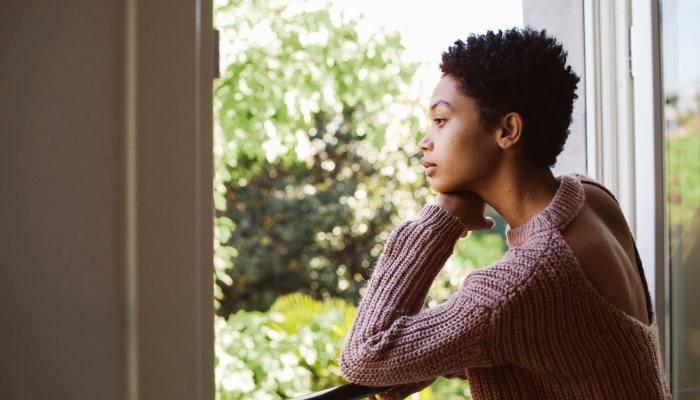[ad_1]

As Breus tells mbg, the American Academy of Sleep Medication (AASM) has lengthy urged that we undertake Commonplace Time, not Daylight Saving Time.
In keeping with Breus and AASM, everlasting DST may result in lasting destructive well being results. As a result of our our bodies are naturally extra well-aligned with Commonplace Time, everlasting DST may disrupt our inner clocks, leading to a everlasting sleep section delay and subsequently, persistent sleep loss. Learn: Simply because it is lighter at evening and darker within the morning doesn’t suggest we can’t need to rise up as early for our jobs, college, and so forth.—however we might really feel inclined to remain up later anyway.
“Daylight Saving is just not in step with our inner organic clocks, known as your circadian rhythm,” Breus says.
There’s different proof that means everlasting DST may end in perpetual social jet lag, Breus provides, whereas Commonplace Time is often related to higher bodily and psychological well being outcomes.
And in line with Shelby Harris, Ph.D., director of sleep well being at Sleepopolis and creator of Girls’s Information to Overcoming Insomnia, “If the Sunshine Safety Act turns into legislation, folks might expertise extra problem waking up within the morning and falling asleep at evening—particularly awakening within the mornings within the fall and winter.”
Particularly, she explains, with everlasting daylight financial savings time, “We’d have much less gentle within the morning to assist wake us up, and extra gentle within the night making it harder to go to sleep,” including there is not any query we must always cease switching forwards and backwards, and echoing Breus and the AASM that our our bodies are extra aligned with customary time.
[ad_2]









Leave a Reply